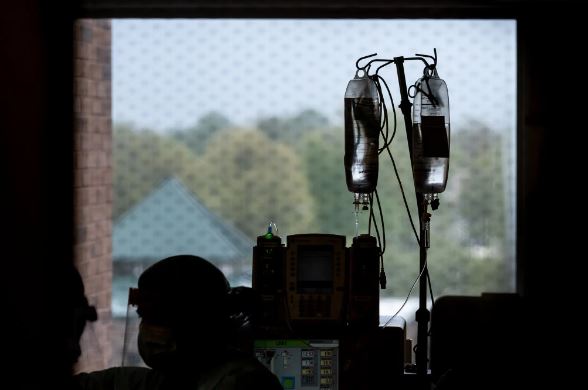In a recent extensive study published in the Journal of the American Medical Association (JAMA), researchers delved into the impact of private equity acquisitions on patient care, uncovering a notable surge in serious medical complications in hospitals following such transactions.
The study, which spanned 51 hospitals over a ten-year period (2009-2019), revealed that adverse events among Medicare patients, such as surgical infections and bed sores, increased by 25 percent in the three years post-acquisition by a private equity fund compared to similar hospitals not subject to such investments. The researchers also noted a nearly 38 percent rise in central line infections, a type of infection considered highly dangerous, and a 27 percent increase in patient falls during hospital stays.
Dr. Sneha Kannan, the lead author of the study and a health care researcher and physician at Massachusetts General Hospital, expressed surprise at the strength of the findings. While the study indicated a significant uptick in medical errors, there was a slight decrease (nearly 5 percent) in the rate of patient deaths during hospitalization. The researchers attributed this decline to other factors, such as a shift toward admitting healthier patients.
The private equity industry has become a major player in the healthcare sector over the last two decades, acquiring not only hospitals but also nursing homes, physician practices, and home health care companies. The researchers behind the study sought to provide insight into the effects of private equity ownership on the quality of patient care in hospitals.
Dr. Ashish Jha, Dean of the Brown University School of Public Health, emphasized the significance of the study, stating that it strongly suggests a quality problem when private equity takes over hospitals. The findings raise important questions about the potential risks associated with hospitals under private equity ownership.
While private equity firms own a relatively small share of hospitals in the United States, their influence is growing. They often purchase hospitals through investment funds, utilizing high levels of debt with the intention of reselling them in a few years. Critics argue that these acquisitions may contribute to hospital closures and raise concerns about the quality of care.
In response to the study, Drew Maloney, CEO of the American Investment Council, a trade group for the private equity industry, defended its role, stating that the industry plays an essential role in providing hospitals with the capital needed to improve patient care, expand access, and drive innovation. Maloney argued that the research does not reflect private equity’s full record in strengthening healthcare across the country.
Private equity acquisitions of hospitals have faced increased scrutiny, prompting a bipartisan investigation by the Senate Budget Committee. Several Democratic lawmakers have introduced bills calling for more public reporting of private equity deals in healthcare and broader reforms in how these firms acquire and profit from companies.
The study does not provide a complete picture of private equity’s effects on hospitals, but it adds to the growing body of research on the financial and quality-of-care implications of such transactions. While previous research focused on patient mortality, the current study examined specific measures like medical errors, providing a more direct reflection of hospital care.
Researchers analyzed a range of errors tracked by Medicare, including surgical site infections and falls, with hospitals subject to penalties for high levels of these problems. While the overall rates of complications were relatively low, all eight individual measures studied worsened in hospitals acquired by private equity funds.
The study also suggested that reductions in hospital staffing, a phenomenon observed in previous studies of private equity-owned hospitals, could explain the increased medical errors. Although the paper did not directly measure staffing levels, the researchers believe it is the most likely explanation for the observed trends.
Despite the serious concerns raised by the study, some scholars suggest that more evidence is needed before introducing sweeping policies. The debate over private equity ownership in healthcare continues, with ongoing legislative efforts seeking to address potential issues and promote transparency.

